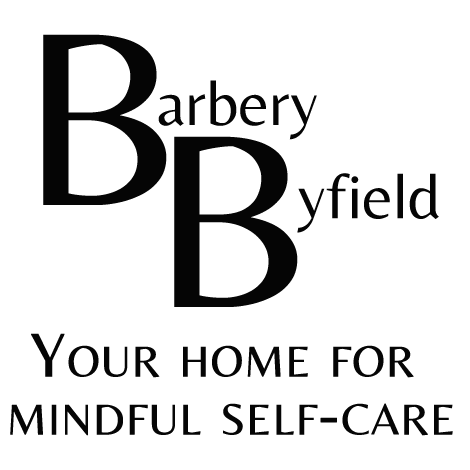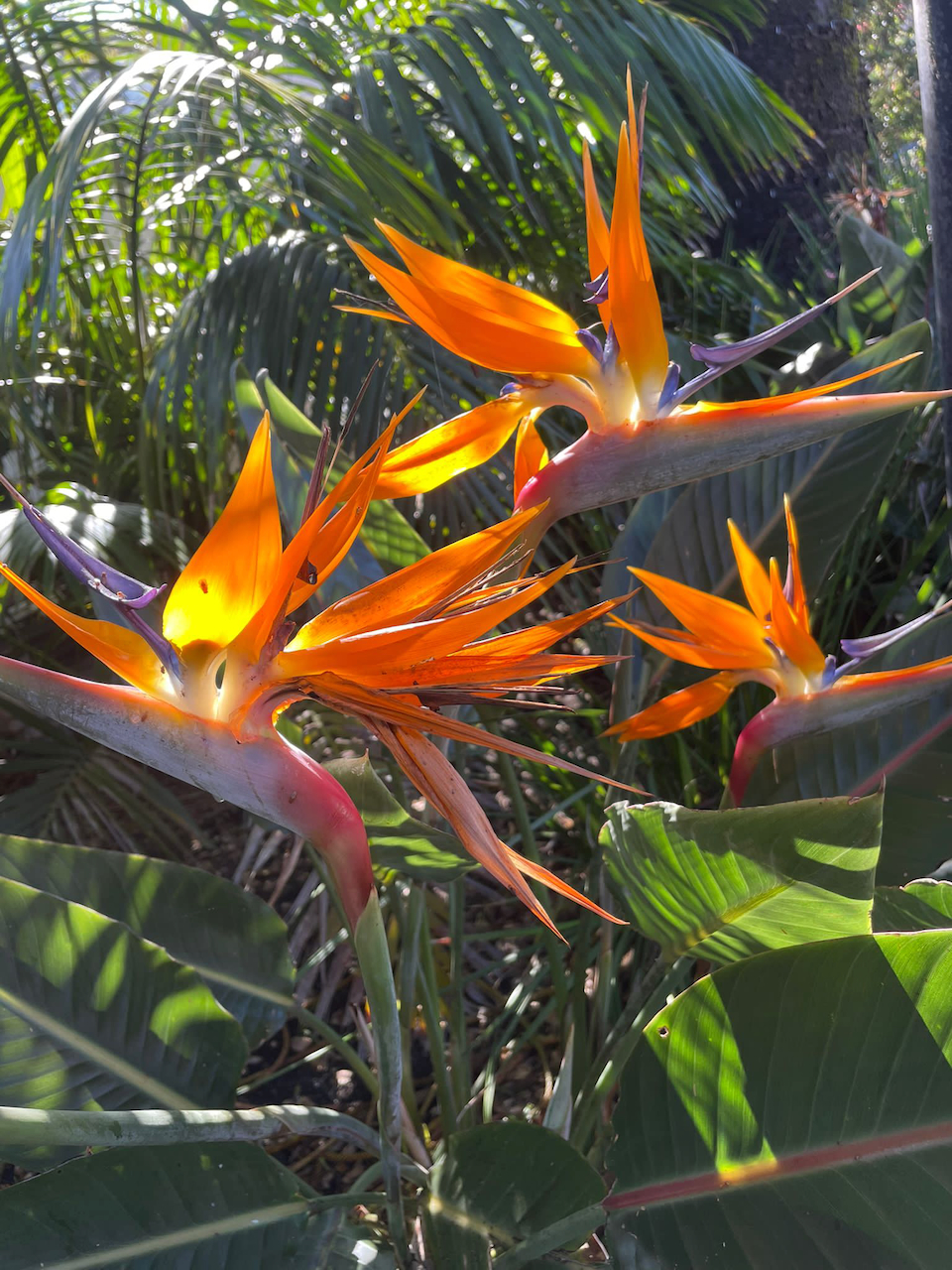RYAN
Hi and welcome to “In a Moment” where we get to see how every day humans use mindfulness to improve and enrich their lives. There are 1,440 minutes in a day, each presenting an opportunity to dive in, breathe, look around, feel within and authentically experience being alive. From there, we can make truly informed choices that align with our values. Let’s see what’s up with Ryan!
Ryan was hungry. At the end of a long shift in the pharmacy they wended their way to the closest drive-thru, replaying all the things that had gone wrong during the day. A call from an angry friend, an email from a distant relative who wanted to come and stay for 2 weeks, a reminder of an upcoming root canal and, of course, the parade of patients whose own stress snuck across the counter with their debit cards. A juicy burger, large fries, and an icy sweet tea would bury those thoughts quite nicely, thank you.
As they approached the fast food venue, a phone ping drew Ryan’s attention. It was a notification from a mindfulness app to “Be right here, right now.” Another ping and they sighed pulling into the drive thru. The long line meant Ryan was in for a wait. A third ping was followed with the sound of waves lapping at a shore.
Ryan’s employer had provided this Mindfulness tool for staff to help with burnout. “Could use more days off instead of a dumb app,” they had snarked to themselves. But nothing on Spotify hit the spot as they waited so when the words “Right here, Right now” pulsed again Ryan took a deep breath and, with closed eyes, listened to the ocean. As they noticed thoughts of the anticipated meal arising, a new breath allowed a different thought: “Right here, right now I’m in line for a meal that won’t solve my problems.” Another breath. “And I’ll feel bad afterwards.” Another breath, “I could get something healthier at the grocery store.” Another breath, “Right here, right now I feel my shoulders relaxing.” Another breath and the craving lessened. “Right here, right now this moment is actually okay.” Ryan opened their eyes, pulled out of the line and headed to the store, bathed in the sounds of gentle waves.
Ryan’s experience of fast food craving at the end of an exhausting day is universal and 100% human. We’re wired to respond to stress in ways that can trigger desire for anything (substance or activity) that will either numb, distract or calm uncomfortable feelings. We develop our coping skills starting in infancy (anyone receive a cookie from a well meaning care giver when they hurt themselves?) and keep accruing new ones as our lives and environments change. We may discover that drinking alcohol, smoking cigarettes, endless web surfing, shutting down, recreational drug use, gambling and other addictive activities work very well to clear our minds (at least in the moment) of our discomforting emotions. Anger, sadness, fear, loneliness, boredom, overwhelm, stress, shame and a myriad of mind states are not fun to experience. And we are pleasure seeking animals!
When we notice a habit that we want to change we often focus on how NOT to do it anymore. That creates stress. We buckle down, stick to the diet, the exercise routine or sleep program with vigor battling against the natural desire to return to our old, familiar routines and habits while we struggle to fit new ones into our very busy lives. We forget to ask ourselves what utility the old habit has, how it does work for us and instead focus on how “bad” it is and why we should stop or change it. We don’t learn which uncomfortable emotion needs soothing and we forget to explore alternative balm that could soothe it. So often we reach our goal by sheer will power and then life throws us a curve ball and we slip back into the old behavior our brain trusts can get us through the new crisis.
Ryan was lucky to have an employer that recognized the role of stress in chronic disease and who provided resources to help their employees improve their lifestyles. Additionally Ryan was open minded enough to try something new on this afternoon. They could have just waited for their fast food fiesta as their adrenaline and cortisol levels kept circulating at higher levels, triggered by the stress at work. But they decided to try something new.
That moment when they closed their eyes and listened to the sound of lapping waves was a choice to allow their body to experience at least one breath’s length of pause. The apps guidance suggested noticing as air flowed in and out of the lungs. In doing so Ryan’s thinking mind was drawn away from the insistent pull to review the days challenges and project to the next day’s potential for stress. By focusing attention on their body breathing the mind got a moment’s reprieve from its tendency towards preparation, vigilance and review. The amygdalae (area of the brain responsible for processing emotions, especially fear and anxiety) was not as triggered by circulating hormones. With each breath and experience of the calming wave sounds Ryan’s flight, flee and freeze (sympathetic nervous) response was slowly being replaced by its anti-dote, the rest and digest (para-sympathetic nervous) response.
Ryan’s choice to forgo fast food was fueled not by the restrictions of a meal plan or fear of ultra processed foods, or a barrage of “should-ing” on themself. It was their mind that craved relief from the upsetting thoughts that eating french fries would have masked. By the time Ryan could have ordered a meal, their mind was calm enough to remember how eating fast food caused them stomach and headaches. Ryan’s nervous system calmed enough that their wiser Self was able to make a healthier choice in response to the days stressors. This new habit is more likely to stick because it actually felt better than having succumbed to the older habit of “swallowing” feelings with fast food and getting distracted by the heartburn that followed.
Next time a craving arises, before attending to it, why not ask yourself what’s going on, identify that emotional hunger, acknowledge and then dare to sit with it, hand on your heart, offering compassion to the experience. We are capable of surviving difficult feelings, through self care and community, day in and day out. Often, it only takes a moment!






0 Comments